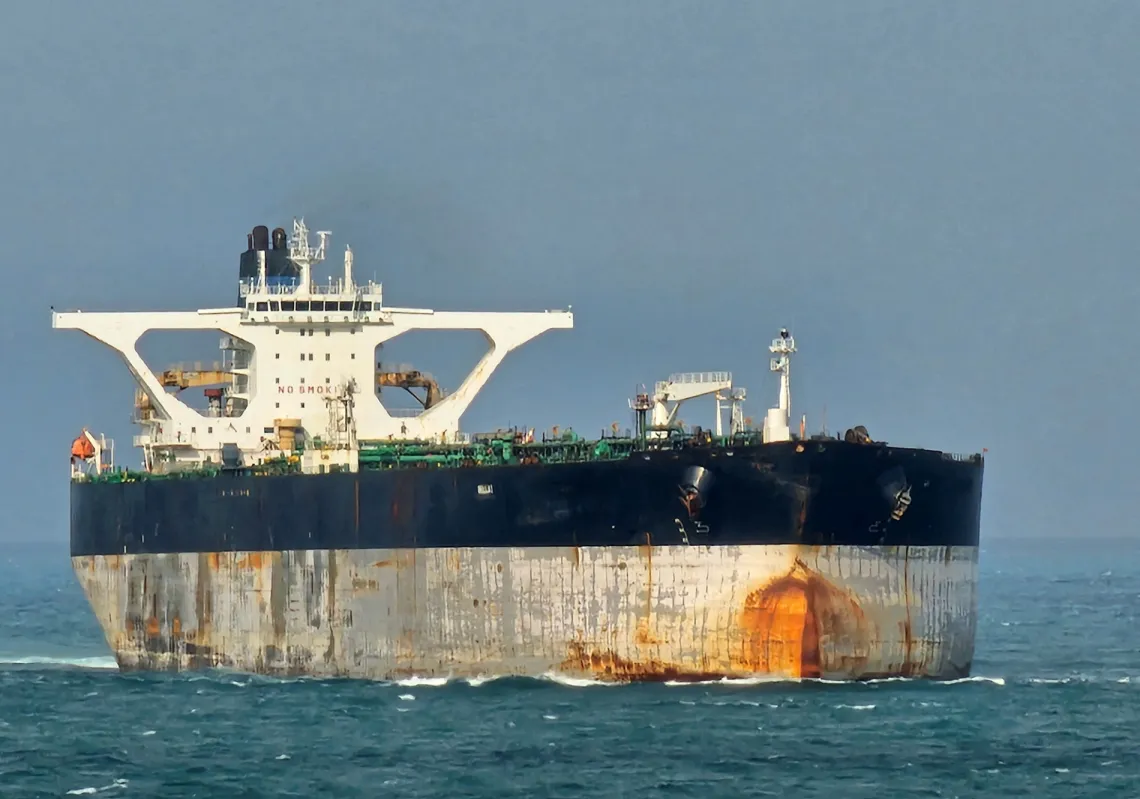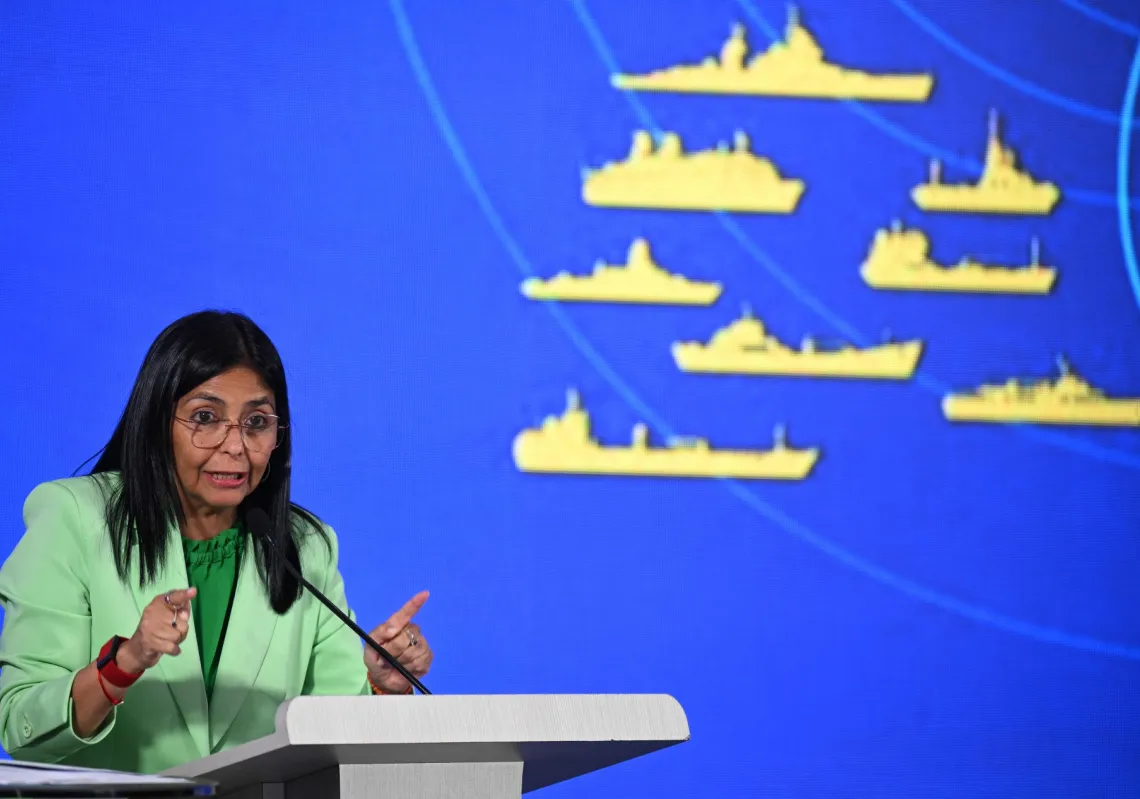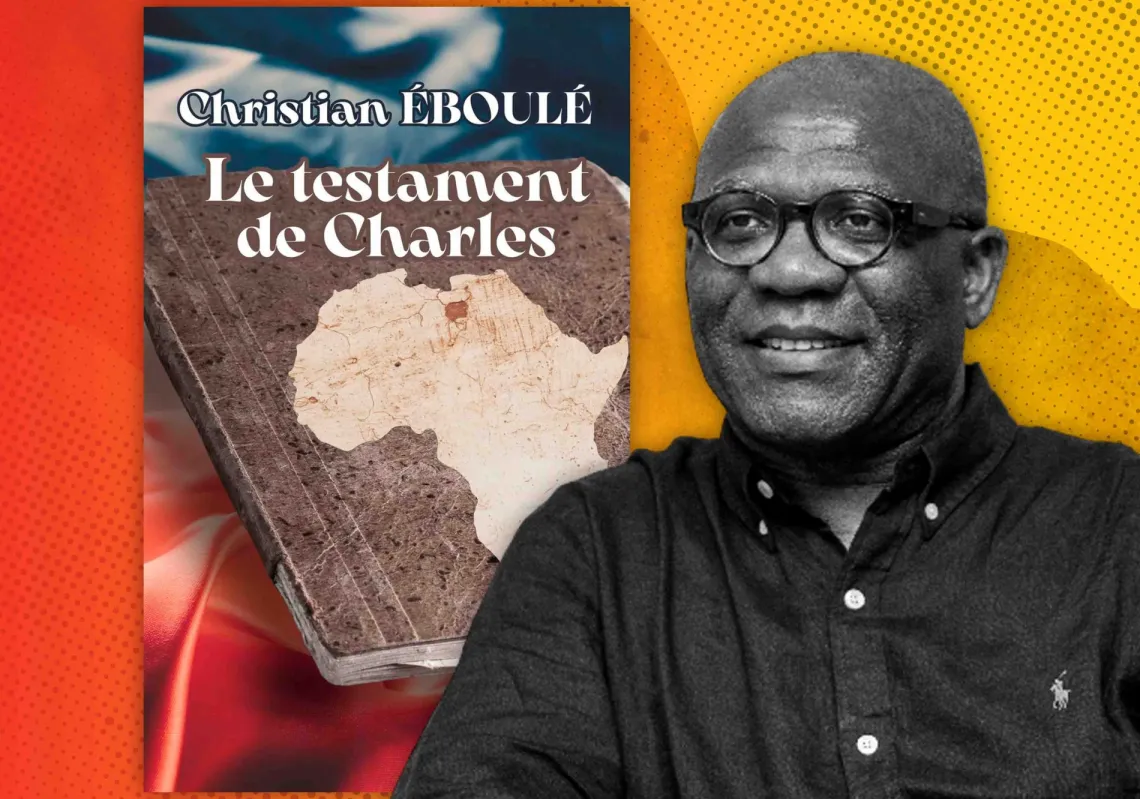"I am faced by many challenges, but I will do my best"
This was one of the first statements issued by Yukiya Amano, the new Director General of the IAEA upon his inauguration a sthe head of the nuclear watchdog. This statement was considered accurate by many experts, for Amano is faced by numerous hardships and difficulties that will make his task seem like a war held on many fronts.
The new assignment didn't intimidate Amano, in fact, the old veteran considers it a source of motivation, and is exerting maximum efforts in order to prepare himself for what he is about to confront. Amano is an expert in the field of nuclear disarmament and is known for his ability to manage tedious and tricky nuclear files. This goes back to the 12 years he spent moving between different positions in the IAEA, which in turn polished his skills greatly. One of the most important and crucial posts held by Amano was as the head of the research department in the Japanese institute of international relations. This post allowed Amano to interact extensively with diplomats and politicians giving him a chance to get acquainted to the rules of the game. Furthermore, throughout 36 years of work in the Japanese foreign ministry, Amano had the chance to participate in the revision of the nuclear proliferation treaty in the years 1995, 2000 and 2005. Eventually, Amano was appointed as representative for his country in the IAEA, which later on led to his election as the Director of the agency at the age of 62, which followed five election rounds.
Amano finds himself overwhelmed with duties and responsibilities left by his predecessor Mohamed El Baradei, despite the fact that he has only been in office for a few days. Mohamed El Baradei's legacy is considered the first speed bump on therugged road Amano will travel. El Baradei, for one, was known for his efficiency in handling nuclear profiles and mediation tasks. This puts Amano in an awkward position, as early comparisons with his predecessor will prove challenging. Nevertheless, Amano is well aware that he will be chased by blame like El Baradei was during his 12 year run in IAEA, where he was called both a Western agent and an Iranian ally.
In spite of his profound respect towards the ex-Director General, Amano declared early-on his disagreement with El Baradei on several topics: first of which was his belief that "political negotiation is not the agency's task, but implementing the safeguards that have been agreed upon". Thus Amano has made it crystal clear that he sees the nuclear watchdog as more of a technical body than a political one. Amano is known to be more conservative than his predecessor and believes that the agency's responsibilities should not in any way be politicized. Contrary to El Baradei who was very outspoken, Amano tends to be more discreet and prefers to work behind the scenes. Amano backs this attitude by his belief that "the statements made by the director of the agency have political implications, and if they are not dealt with carefully they can be very dangerous"
For a person characterized by calmness and stability, his conservative attitude is not considered out of the ordinary. Amano, after all,was born only 2 years after the Hiroshima and Nagasaki catastrophe, and thus understands very well what is at stake if a nuclear attack should occur
Nuclear issues have been rising to their boiling points throughout that past few years, and if he doesn't deal with them intelligently they might very well explode. On the one hand the Iranian predicament has taken several twists that have only added more complexity to the issue. Amano has assumed responsibility at a time when the agency has asked Iran to further cooperate with international community, a demand that was swiftly met by an Iranian declaration to build 10 nuclear enrichment facilities. Amano has previously announced that Iran is so important that it should be treated with respect, in addition to keeping mutual communication intact, despite that he doesn't expect a quick resolution to the dilemma. Hence, what solutions does the experienced diplomat have to offer in order to deal with Iran?
On the other hand, the North Korean and Syrian files remain a pebble in the international community's shoe. These two heated issues could become the new cornerstone in the west's relation with IAEA and accordingly Amano, since the arm of political conflict between the US and both Syria and North Korea could spread to engulf and apply pressure on the agency, which the opposite of what Amano aspires for.
What's interesting is that many of the principles called for by Amano are put under scrutiny by diplomats. Amano's conduct prior to the elections is consistently used as example of his deliberately hidden political skills, which in may contradict the ideals which he endorses. Amano's competitor during the elections was known as a person with a strong personality, which would definitely obstruct western interests. This simple fact was used intelligently by Amano who criticized the agency's policies, not necessarily out of conviction but rather to steer the electoral process in his favor,
The "political" maneuvers that he implemented might in fact backfire and prove counterproductive, since up to this moment no one knows what his real intentions are nor how he intends to handle pending cases. Yet, when push comes to shove, Amano might be forced to change his policies?








